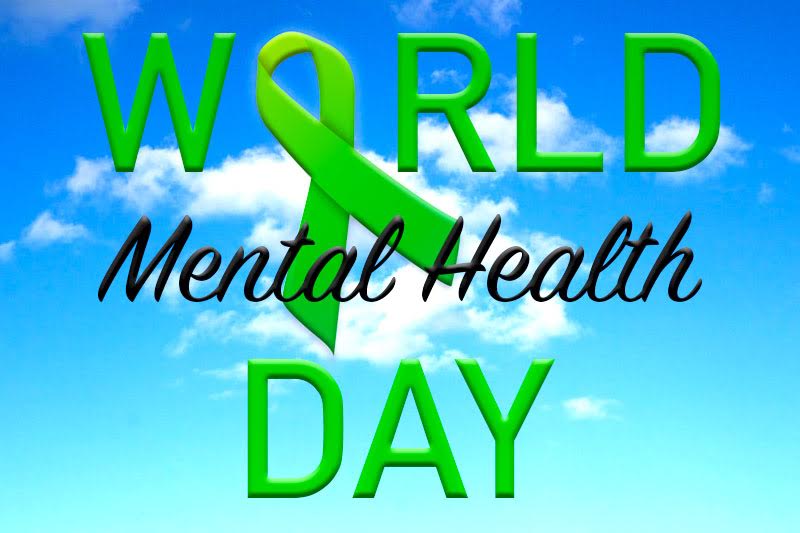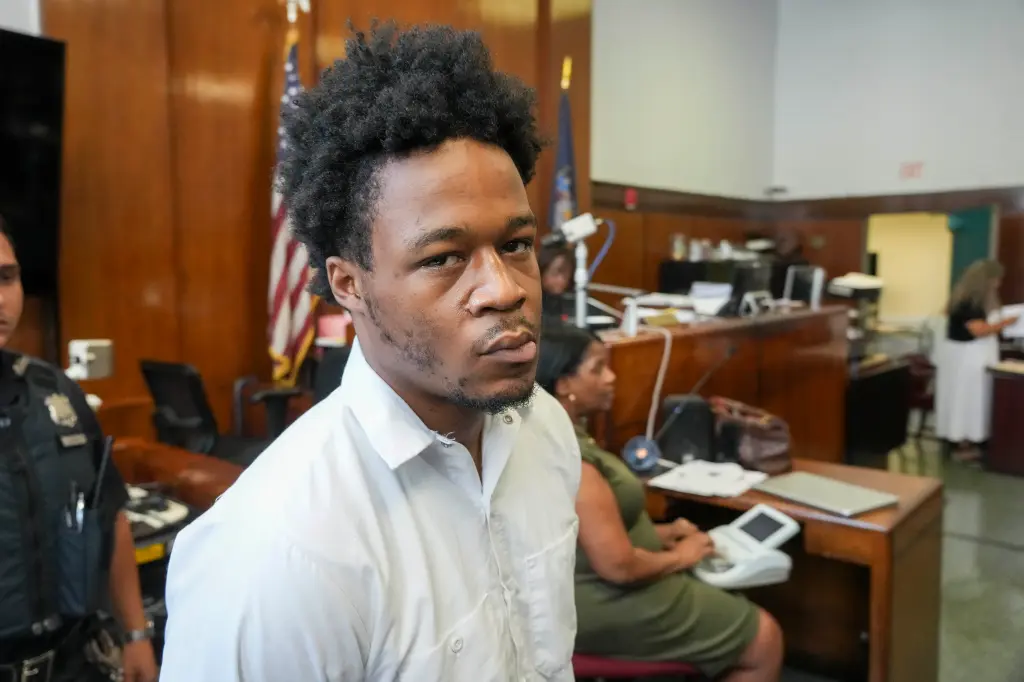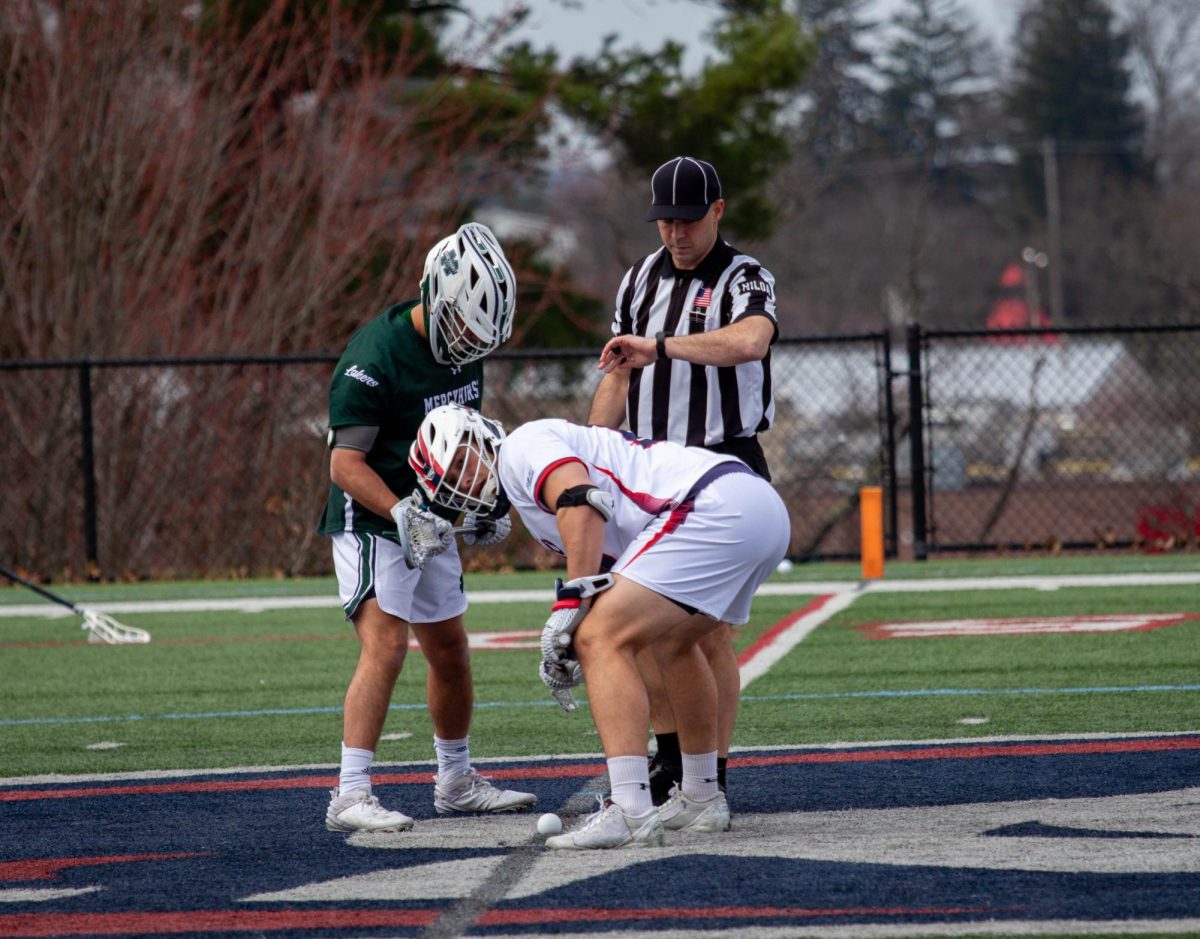The first week of October is National Mental Illness Awareness Week and Oct. 10 is World Mental Health Day.
Diane Dahm, crisis counselor and outreach specialist at Robert Morris University, explained exactly what a mental illness is and how it affects people.
“So what it (mental illness) can do is interfere with somebody to function in social situations or academic situations, their ability to relate to others and it’s really an illness when it interferes with someone’s ability to be the person who they are,” said Dahm.
A mental health condition is not always noticeable. Dahm uses depression as an example. While sadness can be a part of depression, a person diagnosed with depression can display a variety of symptoms that most bystanders do not associate with the mental illness.
“Someone with depression, for example, they might not feel like doing the things they use to enjoy doing and they might withdraw from friends or families or activities, and they might feel a loss of energy sometimes too… Sometimes with depression it can affect their eating, so someone may not be able to eat or they might find themselves eating too much. So it really depends on the person,” said Dahm.
Depression is not the only mental illness that can affect a person’s daily activities. Dahm explains that certain types of anxiety can prevent people from talking to others or participating in some social events.
“It (anxiety) can affect somebody’s ability to focus and concentrate. It can affect their ability to form social connections and it can sometimes interfere with their ability to complete their work for classes,” said Dahm.
It is important to note that mental illness is not always visible. As Dahm puts it, “outsiders” do not always recognize the symptoms of mental illnesses.
“People can hide their mental illness, sometimes people have no idea what’s happening internally for someone… A lot of people pretend like they aren’t struggling when they are, so it can be really scary to ask somebody for help or to talk about it with friends. It can even be scary to talk about it with a counselor,” said Dahm.
Along with her duties at the counseling center, Dahm is also a THRIVE co-supervisor and explained how the student organization plans on teaching the campus about mental illnesses.
“We are doing an event for World Mental Health Day on Monday, Oct. 10… The event starts at 6:30 (p.m.) in Hopwood and we’ll have tabling and pizza available from 6:30-7:00 (p.m.), and then we are also partnering with Delta Tau Delta so they will have their international president will be present to give the introduction. We’ll be watching the movie ‘Mind Games,’” said Dahm.
After the movie “Mind Games,” THRIVE will have a student panel with representatives from various areas on campus to talk with others who are struggling with mental illnesses.
If students are struggling with a mental illness or notice a peer who might be showing signs of a mental illness, Dahm encourages them to come down to the counseling center.
The Counseling Center can be located on the lower level of Patrick Henry and is open Monday-Friday from 8:30 a.m.- 5:00 p.m..















